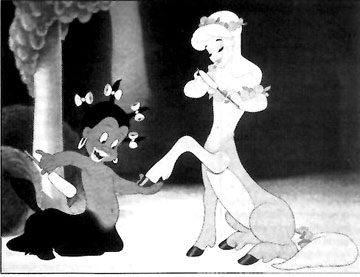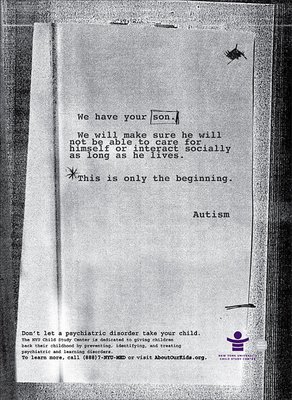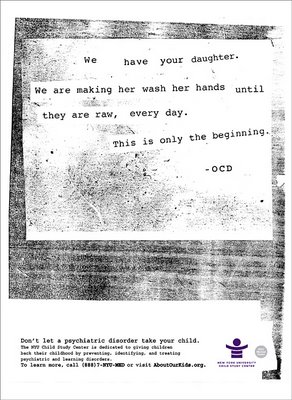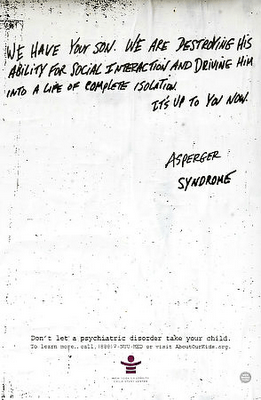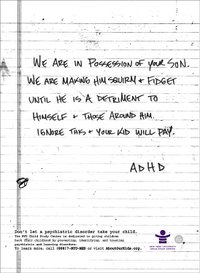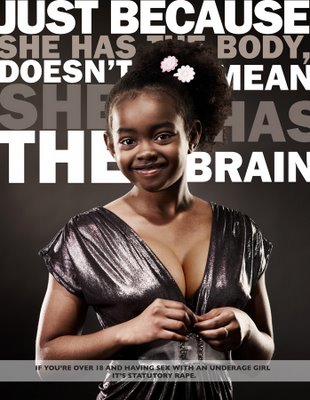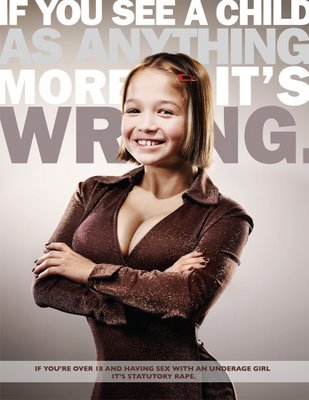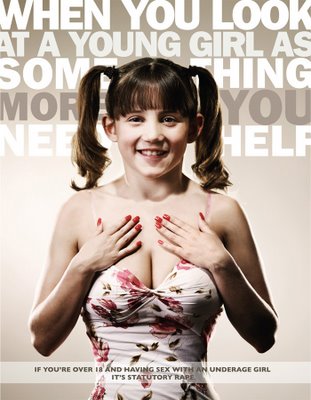This is a doll Mattel put out as part of the Barbie line a few years ago. Her name is Midge. Apparently she is Barbie’s long-time friend. If you notice, Midge is pregnant. Her belly opened up and there was a baby inside. The line Midge is part of is called Happy Family.
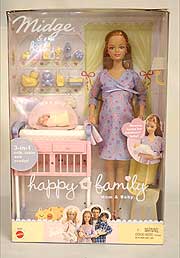 This is Alan, Midge’s husband, and Ryan, their son. Midge and Alan were married in 1991, according to Mattel.
This is Alan, Midge’s husband, and Ryan, their son. Midge and Alan were married in 1991, according to Mattel.

This is the whole Happy Family line–Alan and Ryan, Midge and baby, and grandparents.
 The pregnant Midge doll was quickly pulled from the market because of protests that Midge might be interpreted as a single mother. Mattel argued that Midge and Alan had been married for years, but conservative groups argued that since she was sold separately, girls could get the wrong message and think she wasn’t married.
The pregnant Midge doll was quickly pulled from the market because of protests that Midge might be interpreted as a single mother. Mattel argued that Midge and Alan had been married for years, but conservative groups argued that since she was sold separately, girls could get the wrong message and think she wasn’t married.
